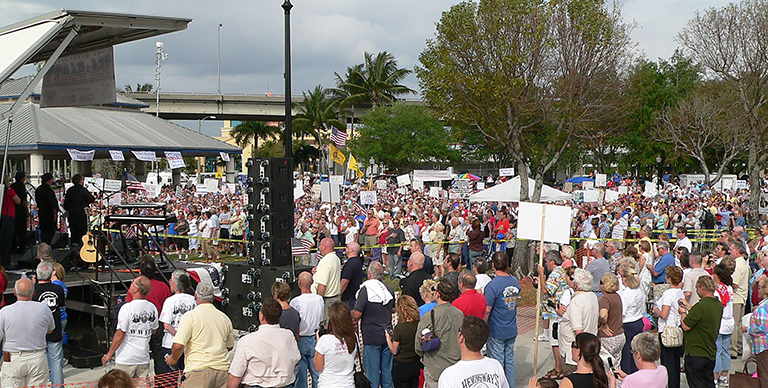Today is the Great American Smokeout
For more than 40 years the third Thursday in November, known as the Great American Smokeout, has been a day to quit smoking. The Great American Smokeout started when Arthur P. Mullaney in Randolph, Massachusetts asked people to give up smoking for a day and donate whatever money would be spent on cigarettes to a high school scholarship fund. In 1974 Lynn R. Smith, an editor at the Monticello Times in Minnesota, created the first D Day or No Smoke Day. On November 18, 1976 the first official Smokeout occurred when the California Division of the American Cancer Society got almost 1 million smokers to quit smoking for the day, expanding it nationwide in 1977. With 38 million Americans still smoking cigarettes, a national day to quit smoking can be a great way to find support while quitting.
Thanks to strong tobacco control laws, the rate of smoking has decreased from 42 percent in 1965 to 15.5 percent in 2016. This is not enough though because every year more than 480,000 people die (1 in 5 deaths) from a smoking caused illness. Smoking is also a large contributor to cancer deaths, causing 29 percent of all cancer deaths.
Smoking and asbestos are also a very dangerous combination. Smoking and asbestos are dangerous on their own, but when someone smokes and is exposed to asbestos the risk of lung cancer is greatly increased. When a nonsmoker is exposed to asbestos, the chance the person will develop lung cancer is increased 5.2 fold but when a person is exposed to asbestos and smokes the chance of developing lung cancer is 50 fold.
Vaping is another problematic activity. Even though e cigarettes are not as dangerous as regular tobacco cigarettes, people are still inhaling multiple chemicals. Over the past decade more people have taken up vaping either as a replacement for smoking or have just picked it up. 20.8 percent of vapers are former smokers who vape exclusively, 11.4 percent of vapers picked up vaping without smoking first, and 58.8 percent of vapers smoke and vape as an addition to smoking.
If you have been exposed to asbestos and now have mesothelioma or lung cancer, you may be able to file a claim, even if you smoked. For years companies knew the dangers of asbestos, but continued to let employees work with the carcinogen. If you would like to learn your options and speak to an attorney call 412-471-3980 or fill out our contact form.
If you would like to help with lung cancer research click here to be taken to the Lung Cancer Research Foundation’s donate page.
Sources:
“About Electronic Cigarettes” Centers for Disease Control and Prevention.
“Asbestos exposure, asbestosis, and smoking combined greatly increase lung cancer risk” Science Daily (April 12, 2013). [Link]
“History of the Great American Smokeout Event” American Cancer Society (September 11, 2018). [Link]




